Category:
Topic:
02/03
Sophisticated technology analysis made easy
The global data analytics platform for policy makers, investors and corporations financing emerging technology.
03/03
Get in touch
Connect with us in your preferred channel.
Category:
Topic:
02/03
Sophisticated technology analysis made easy
The global data analytics platform for policy makers, investors and corporations financing emerging technology.
03/03
Connect with us in your preferred channel.

Tech and religion are intertwined … and, like all things in interaction, they impact one another’s evolution.
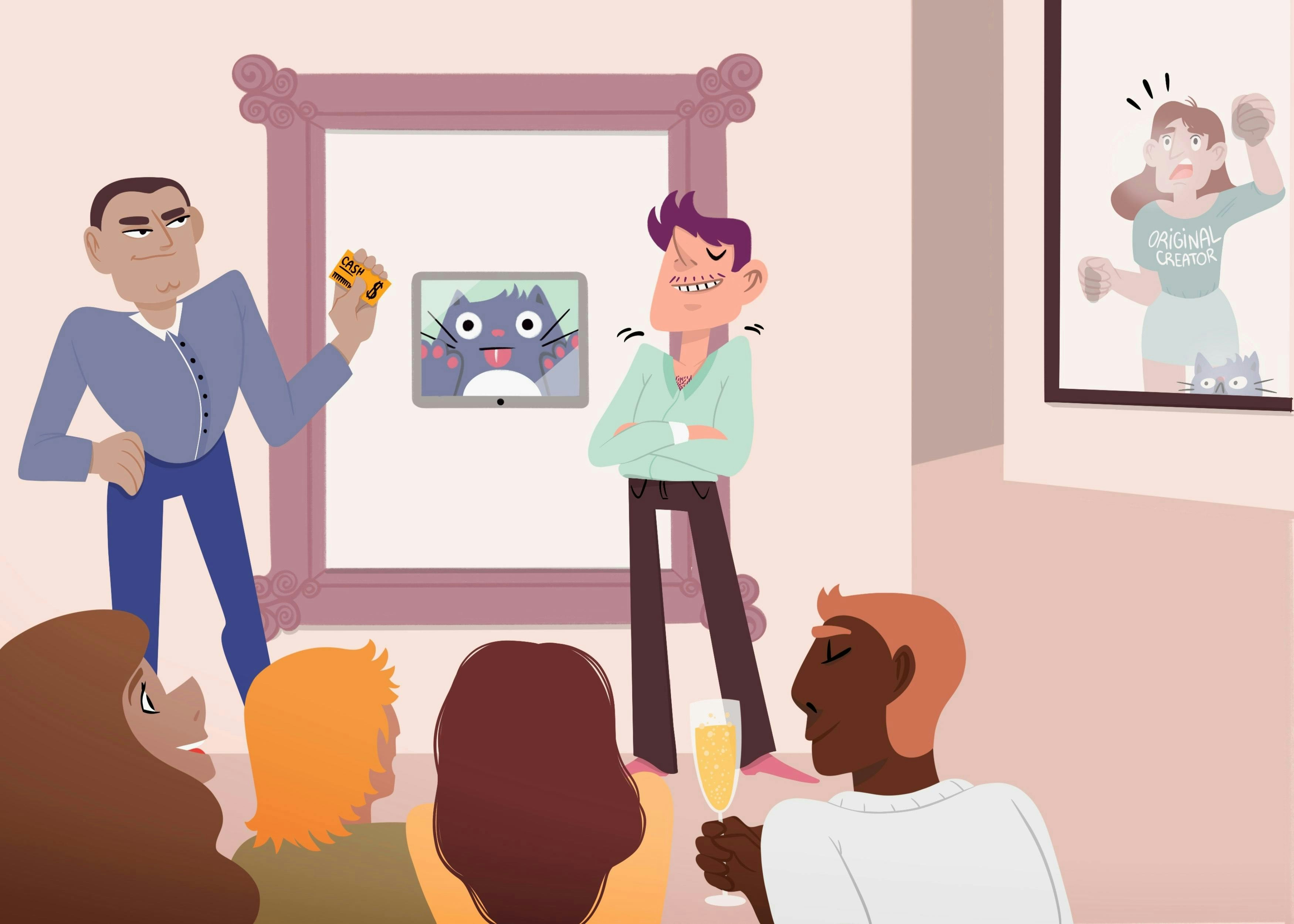
NFTs reinterpret what it means to possess something of value. But it also marks an ideological shift away from an “open and free web.”
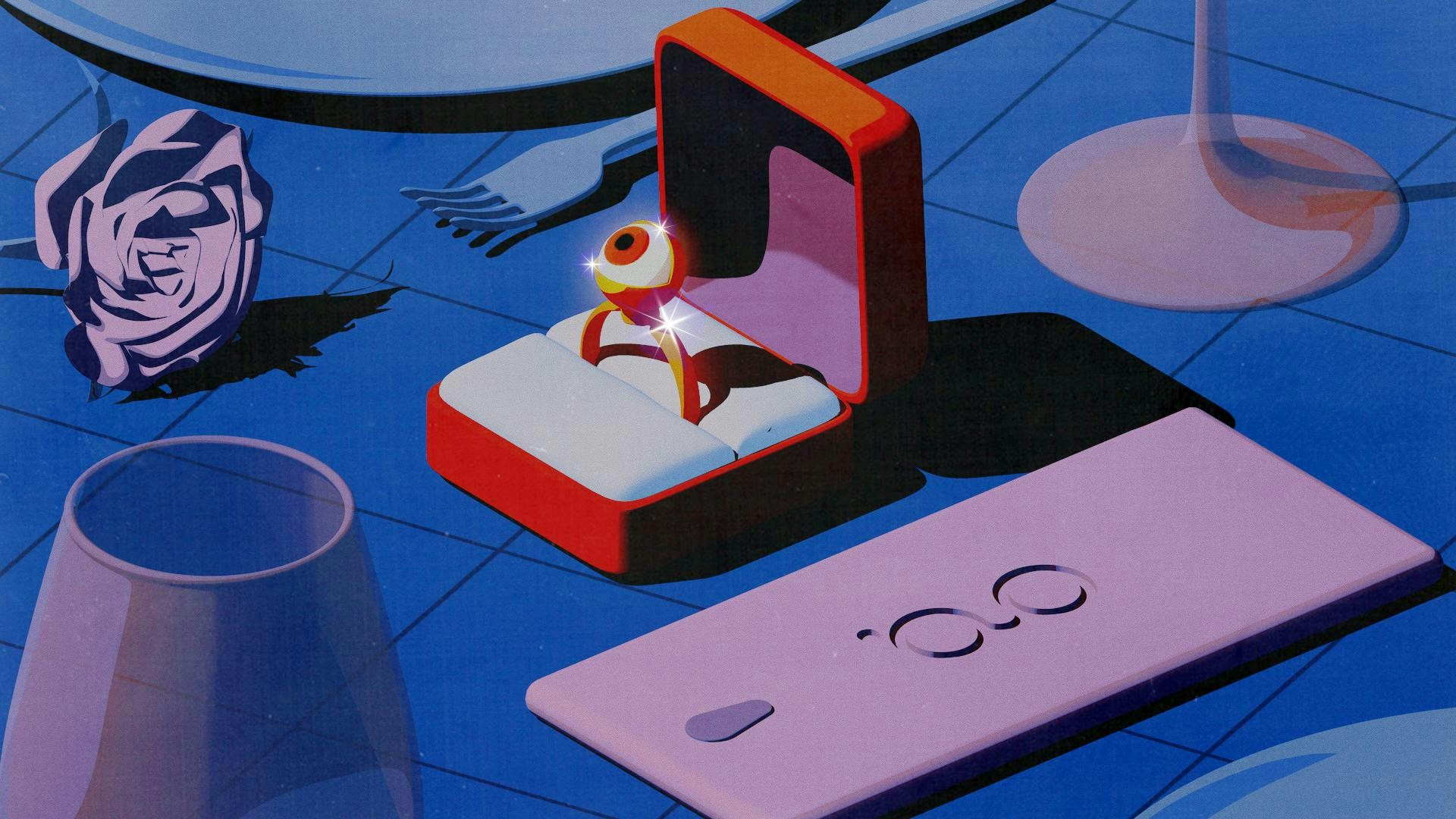
When the privacy partition is breached, the value and vulnerability of our data is immediately crystallised in our understanding. These powers—data, access, privacy, and rights—hold sway in our day-to-day lives. The HBO Max Original miniseries Made for Love foreshadows these unspooling virtual worlds we passively cultivate.

How does one define a metaverse, and does Fortnite constitute as one? (Second Life users may disagree.) This surprisingly important query is a shorthand for the virtual worlds we want to design, what we intend to do in them… and what it would take to ensure their success.
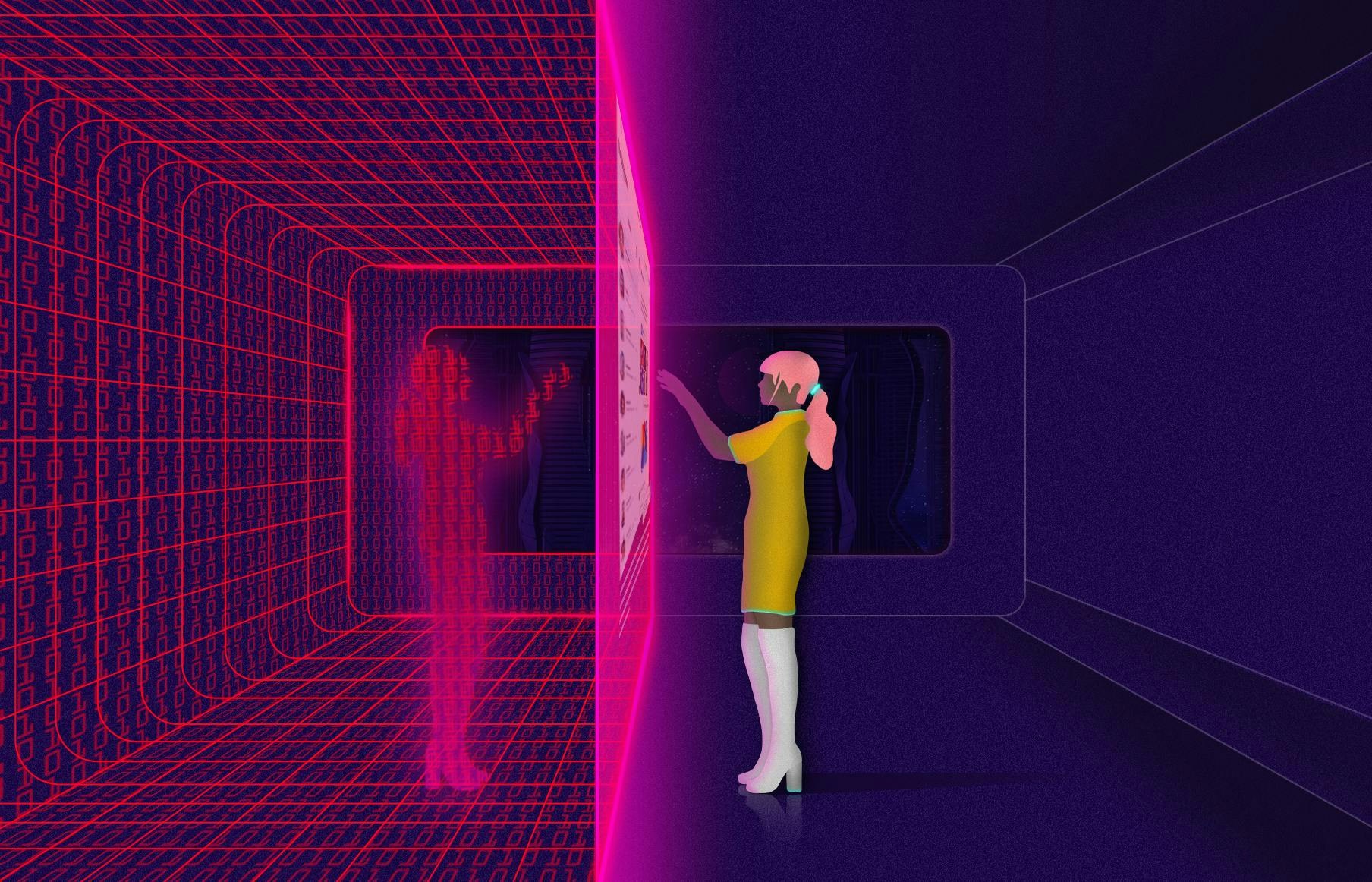
Virtual influencers, a new generation of “virtual celebrities,” are challenging our perception of fame, influence, and the ethics of manufacturing drama.
A tension exists between creativity and control, and it defines the relationship between users of digital technologies and the organisations that produce and manage them. This tension plays out on a variety of scales.
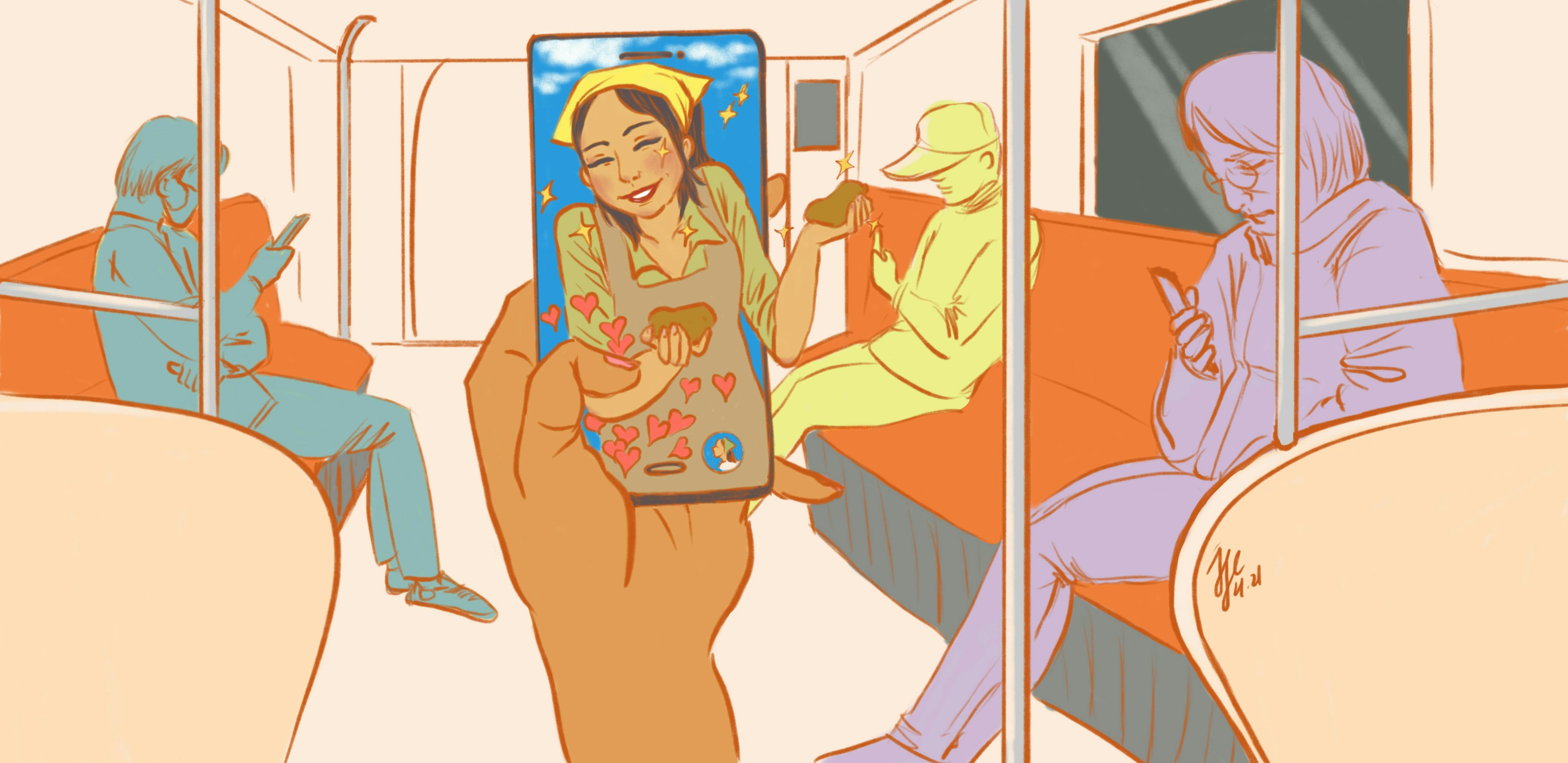
It is unclear exactly how much economic or innovative leeway tech companies and individuals operating in China really have. Is participating in a Taobao village considered innovative? What about the farmer peddling her wares via livestream? Is it possible to perceive, and thus safely navigate, government-accepted boundaries of invention and profit?
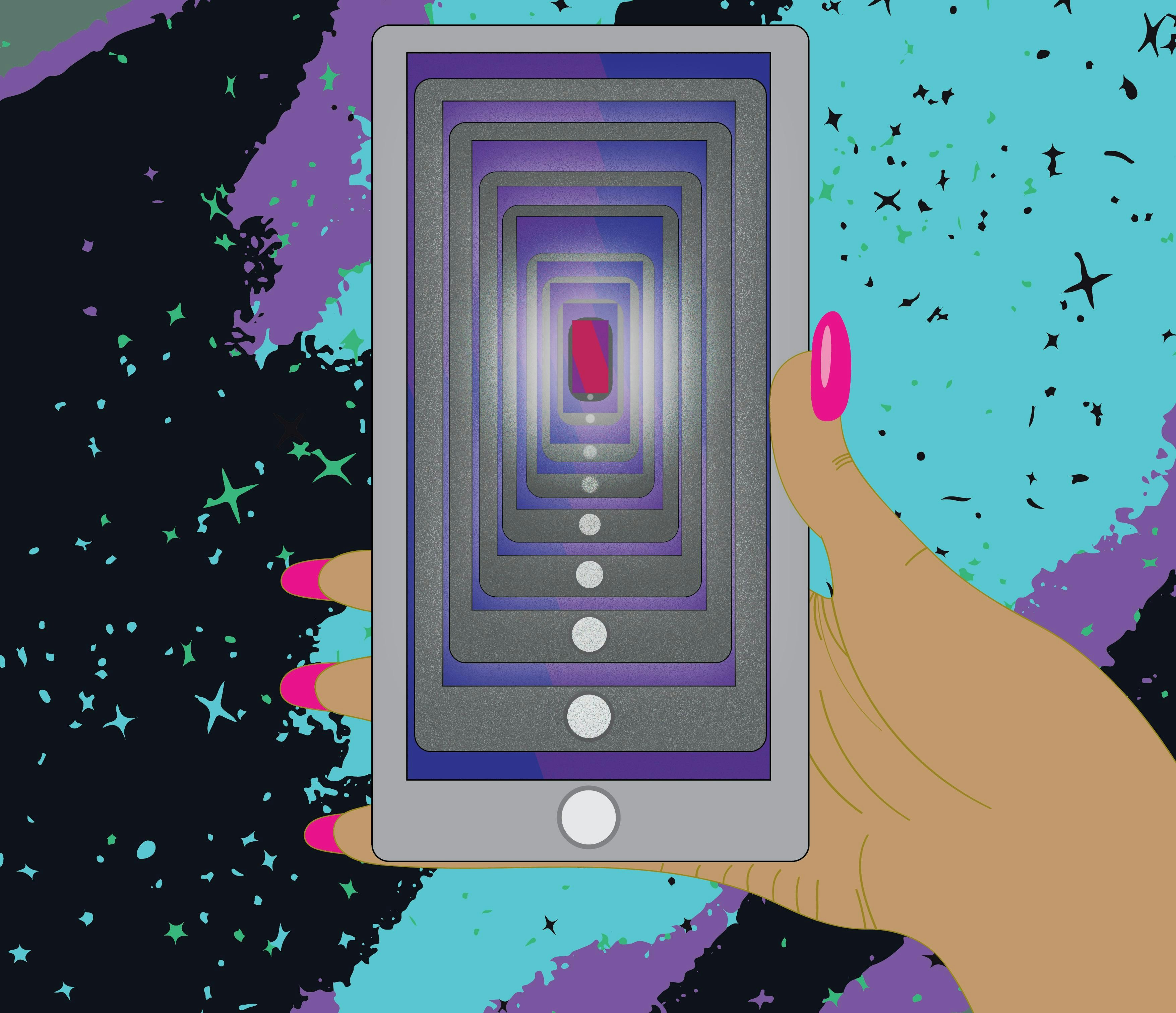
In 2015, Snapchat released beautification filters, a seemingly benign way to enhance your look, but they wreak havoc on mental health. Why do these filters exist? What vacuum do they fill, and what do they say about technology and its implications for the lived human experience?